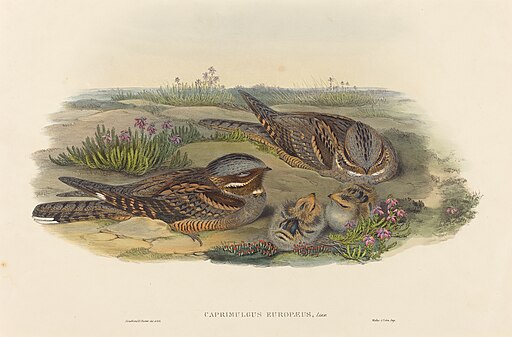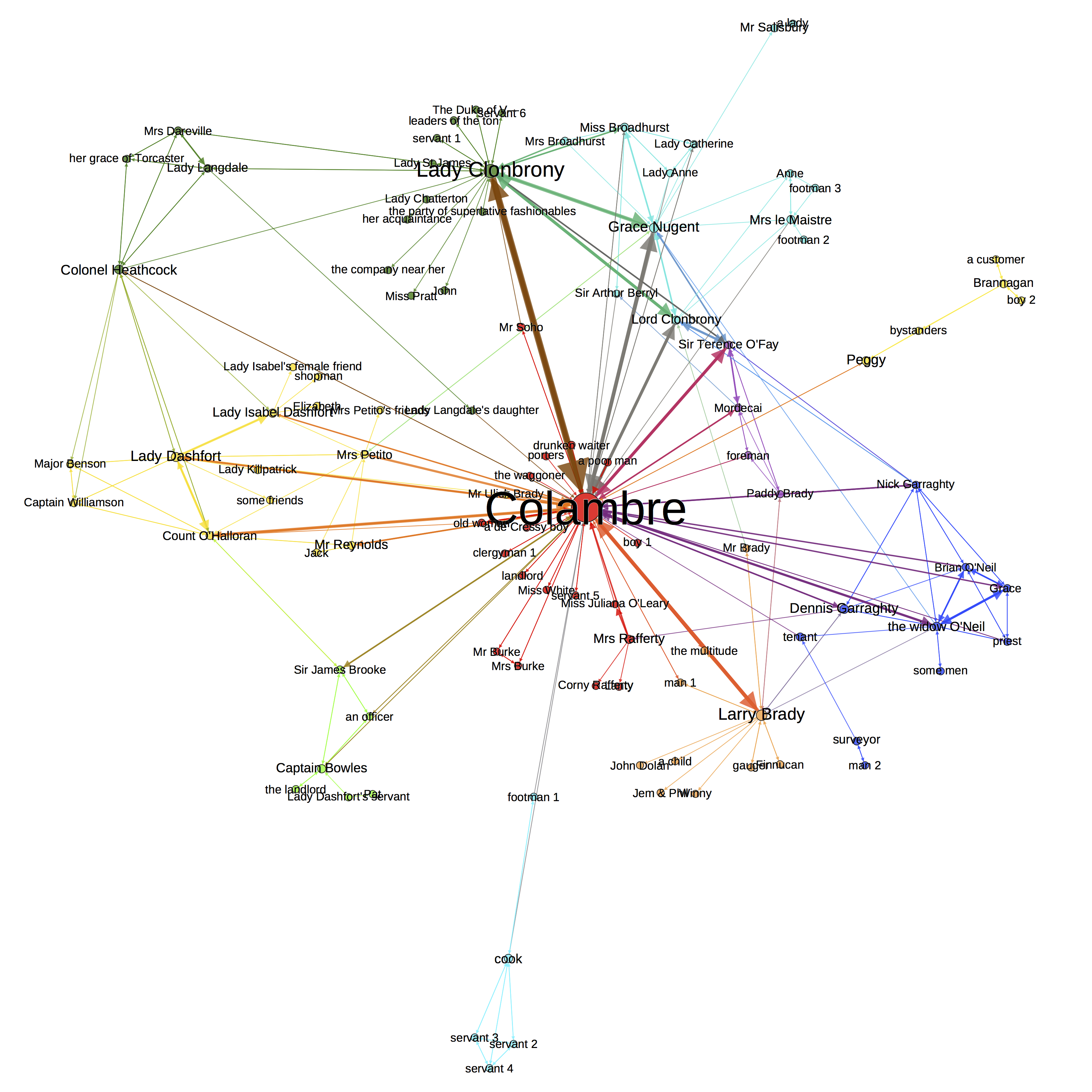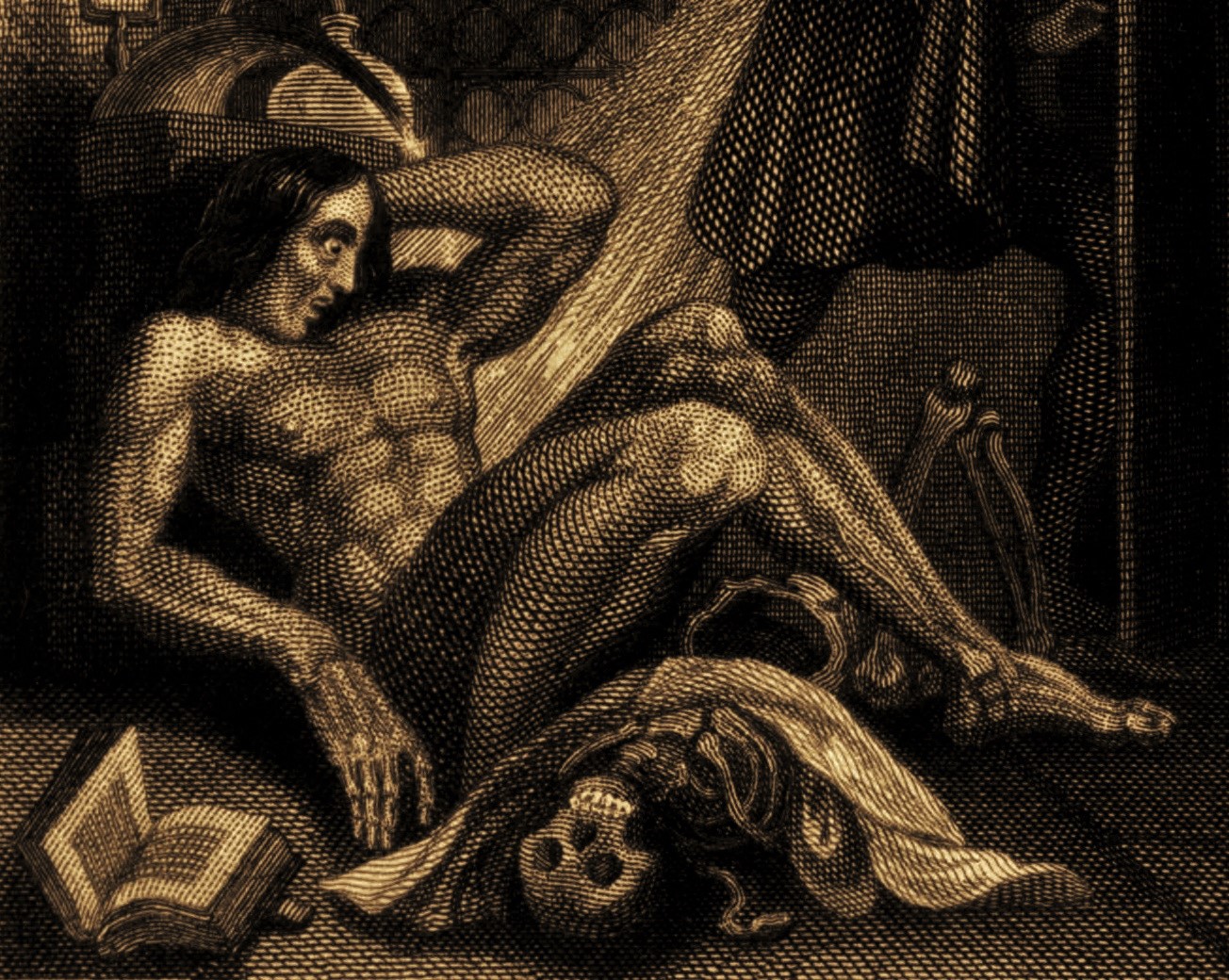frankenstein's siblings
My 10-year quest to lose the self
Frankenstein’s Siblings was the major project of my PhD and postdoctoral years. I set out in 2014 to discover what it meant to ‘lack a self’ in Romantic literature.
It took me many years to develop the language to even describe this research question. In my thesis (Falk, 2018), I used the concept of ‘self-deformation’ to organise my argument. I showed how in a range of Romantic texts, the self loses—or fails ever to acquire—a coherent ‘form’. I claimed that this ‘deformation’ of the self could be correlated with the ‘deformation’ of the text. A novel about a ‘deformed’ protagonist is inevitably a ‘deformed’ narrative. A sonnet describing a ‘deformed’ mental state is inevitably a ‘deformed’ poem, and so on.
This concept worked well enough, until a friend pointed out a fundamental flaw. The concept of ‘deformation’ presupposes that there is something to deform. I had set out to prove that there is a kind of Romantic literature in which the ‘central self’ does not exist. I wanted to vindicate those scholars who have claimed that there are ‘varieties of subjectivity’ in Romantic literature, that Romantic texts can be ‘anonymous’ or ‘vacant’. But the very concept of ‘self-deformation’ requires that there is already something called ‘self’ that can be ‘deformed’.
I was stumped for several years, until I finally developed the distinction between ‘necessary’ and ‘contingent’ selfhood that underlies my book (Falk, 2024). I trace this distinction back through eighteenth-century philosophy. It was Immanuel Kant who first clearly applied the terms ‘contingent’ and ‘necessary’ to the concept of ‘self’, and his related concept of Nötigung (necessitation) plays an important role in my argument.
To explore the nonexistence of the self, I use a range of digital techniques. If you don’t fancy reading the book, you can find a taste of some of these techniques in the ancillary publications of the project: (Falk, 2020); (Falk, 2017); (Falk, 2016).
I find in 2024 that I am once again dissatisfied. I found, upon reading Jay Garfield’s Losing Ourselves, that there is a more profitable distinction to be made between the ‘self’ and the ‘person’, and that my own distinction between contingent and necessary selfhood may have upended the whole question in precisely the manner I hoped to avoid.
We learn. At least, I hope that I do.
References
2024
-
 Romanticism and the Contingent Self: The Challenge of RepresentationMay 2024
Romanticism and the Contingent Self: The Challenge of RepresentationMay 2024
2020
-
 Sad Realities: The Romantic Tragedies of Charles HarpurRomantic Textualities: Literature and Print Culture, 1780–1840, Aug 2020Number: 23 Publisher: Cardiff University Press
Sad Realities: The Romantic Tragedies of Charles HarpurRomantic Textualities: Literature and Print Culture, 1780–1840, Aug 2020Number: 23 Publisher: Cardiff University Press
2018
2017
-
 The Nightjar’s Shriek: Nature’s Variety in the Sonnets of John Clare and Charlotte SmithJohn Clare Society Journal, Aug 2017
The Nightjar’s Shriek: Nature’s Variety in the Sonnets of John Clare and Charlotte SmithJohn Clare Society Journal, Aug 2017
2016
-
 Making Connections: Network Analysis, the Bildungsroman, and the World of The AbsenteeJournal of Language, Literature and Culture, Aug 2016
Making Connections: Network Analysis, the Bildungsroman, and the World of The AbsenteeJournal of Language, Literature and Culture, Aug 2016
